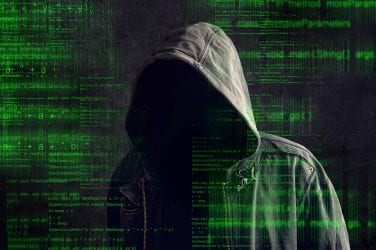Espionage and the whole debate surrounding government surveillance is not one you would want to bury your head in the sand and play dumb. In this age of digital data, there is increasing concern about governments’ access to private data of its citizens.
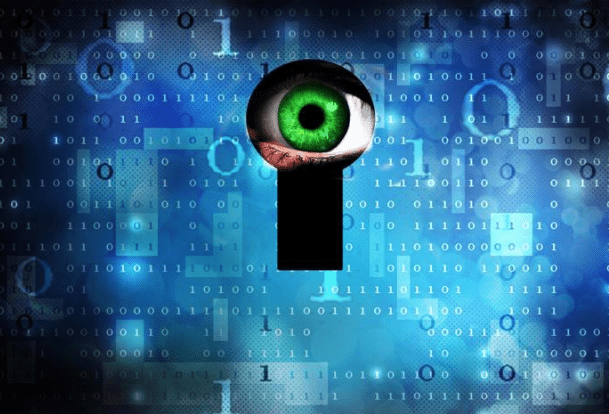
You don’t want to imagine a scenario where the government is tracking and monitoring your every action and movement. From your travel itinerary, places you shop, the food you eat, medical records and bank transactions, your government could be having all these in their secret files. Why the government would want to spy on its citizens to this extent has created an electrified debate pitting sceptics and champions of espionage against each other.
Sceptics argue governments are now infringing on privacy laws by invading their citizens’ privacy. With the government having almost all your private information, sceptics argue you lose control of your information leading to submission and conformity to your government. The mere fact that the government is spying on its citizens is enough to send chills in the lives of its citizens. Naysayers now say governments are using it as a tool for control.
What reasons would make your government want to spy on you?
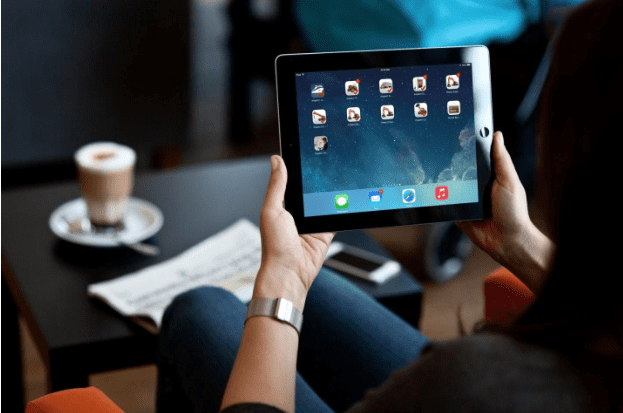
Though unsupported and unwanted, espionage has received support from those who feel governments have a moral obligation to protect their citizens; that mean tracking down sensitive information and cues that could lead to potential security threats. Your government could also spy on you because of the core reason for ensuring national security.
Supporters of government surveillance such as Professor Rhodri Jeffreys-Jones argue that the government is in order to spy on its citizens as long as there are restrictive measures that will guide them against abusing their power. Jeffreys-Jones goes on to say that it would be worse if surveillance was left in the hands of private companies. However, governments also turn to private companies to do surveillance for them. This is more worrying if there is no tangible scrutiny on how private companies gather data from their citizens.
All said, this amounts to mass surveillance for the very purpose of national security. The government could also do target surveillance on you if it has a plausible reason to suspect your engagement in activities that are a threat to national security.
Edward Snowden and NSA
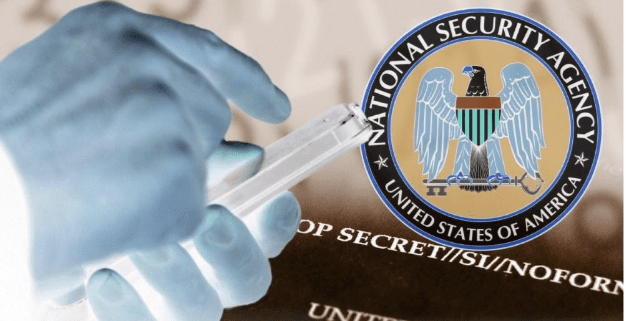
Former CIA operative and NSA contractor, Edward Snowden brought the world to a standstill after he leaked NSA (National Security Agency) covert missions and global surveillance programs that it runs together with European governments and telecommunication companies. He created a sharp debate on the international stage, where the line had to be drawn between the privacy of information and national security.
His revelations disclosed how NSA had a rigorous surveillance program that could zero in on their subject if they had reason to suspect their activities were a threat to national security. NSA could first go for the individual on their radar. Their surveillance then turns out to be three-tier where they move to the suspect’s family members or their adjacent ring of contacts. The immediate contacts of their adjacent contacts are also monitored. Ultimately, NSA monitors every individual contact in the immediate contacts. These numbers could sum up to 2.5 million people under the watchful eye of NSA.
FBI case against Apple
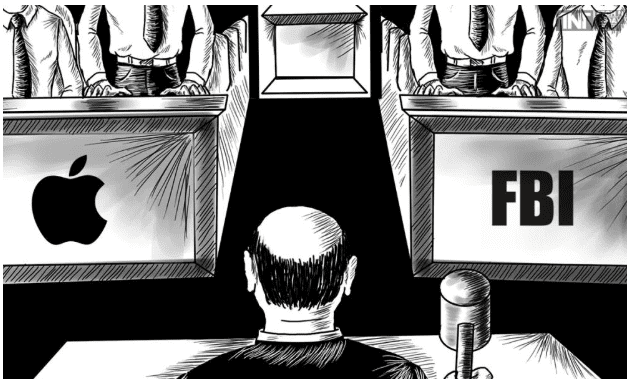
The FBI, Apple lawsuit was one of the highest profile cases touching on data privacy and encryption. It pitted the US government against a technological company. A shooter by the name Syed Farook opened gunfire killing 14 people and injuring 22 others in San Bernardino California. Sooner and as expected the FBI launched investigations into the mass murder shootout.
One of the pieces of evidence collected from the crime scene was Farook’s iPhone. iPhones comes with a strong security system that makes a user’s data inaccessible once ten unsuccessful unlock attempts are made on the device. Trouble for Apple started when FBI wanted them to decrypt the security software on Farook’s iPhone to allow them (FBI) access data on the iPhone. However, Apple declined FBI’s request on grounds that it was violating the user’s privacy. Such a move would also be against their policy of encryption to protect users’ data against cybercriminals.
To Apple, it also meant setting a bad precedent if a software were to be developed for decrypting users’ data from their gadgets. FBI could abuse this software. FBI felt Apple’s move was an obstruction to justice and decided a move to court was the best way out. At the end of it all, the judge ordered Apple to provide “reasonable technical assistance.”Fortunately, or unfortunately for Apple, another technology firm was founded to do the decryption. This is just a tip of the iceberg on the extent your government could go to access your private data.
Will Australia succeed in decrypting her citizen’s private information?
As far as digital data is concerned, Australia is now seen as a world leader in developing systems that will enable decryption and increase government surveillance on citizens. In the recent past, the Australian government has stepped up this quest aggressively amidst voices of dissent from social media giants such as Facebook and Twitter.
Drafted by Australian cyber security minister, the assistance and access bill if passed into law will give power to security agencies to investigate criminal activities online. However, technology companies feel this law works against them; it will undermine encryption on their devices and make users’ data more prone to cyber attacks and criminals.
Given the digital world, we are living in today, not just criminals but everybody is using encryption to protect the privacy of their data. Here is a list of best VPNs for Australia that you could consider using for your data protection.
Conclusion
The realities of the digital world are unfolding as digital data becomes contentious. Not only criminals but governments also want a share of the pie. The FBI, Apple case shows how hungry governments are for your private data. Governments do surveillance on their citizens for national security reasons. However, some technology pundits and skeptics feel governments use spying tactics to suppress and control their citizens. Going by Edward Snowden revelations of NSA, such claims cannot be downplayed. The Australian government is on the forefront in creating laws that allow law enforcers to access encrypted data.






